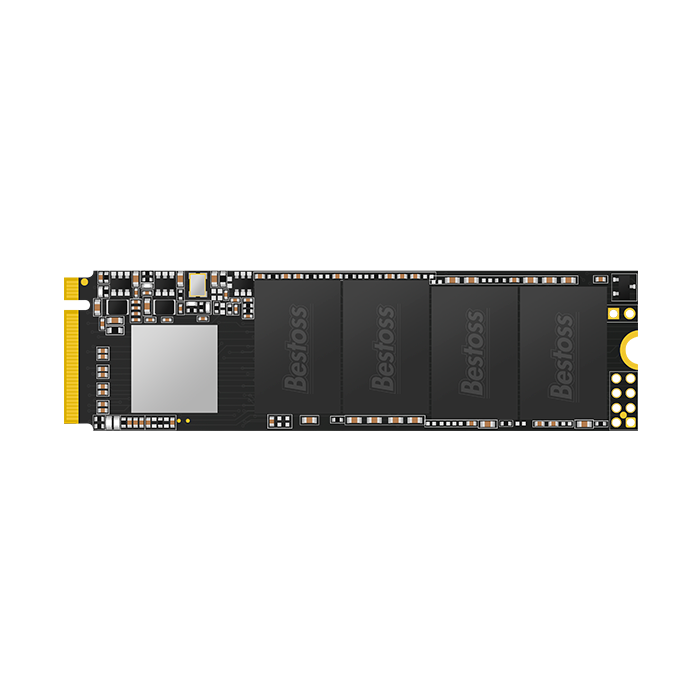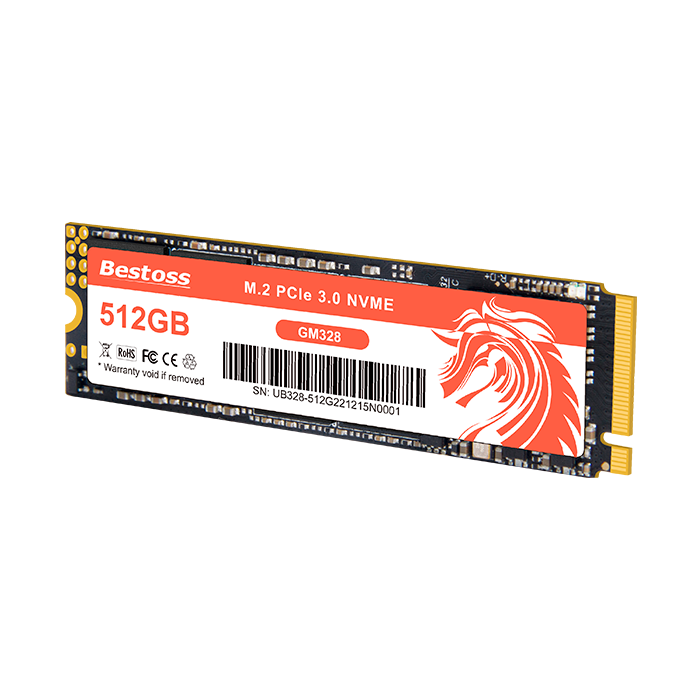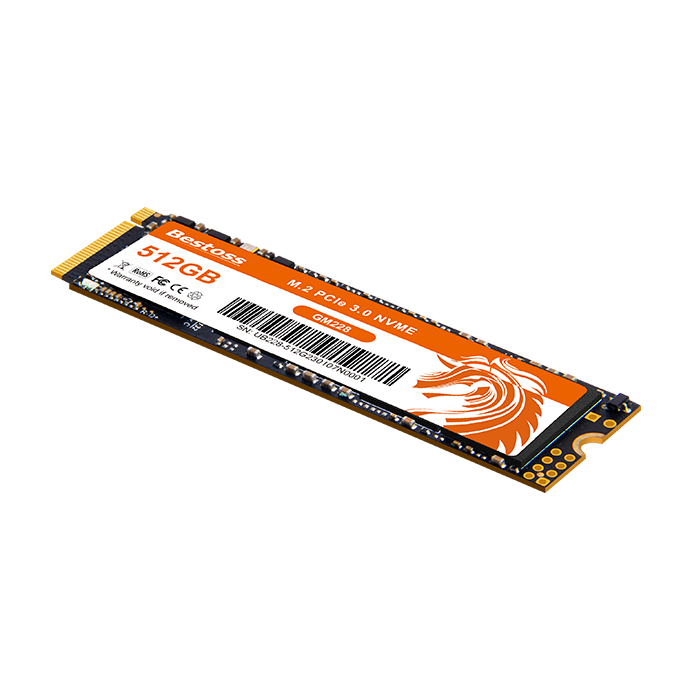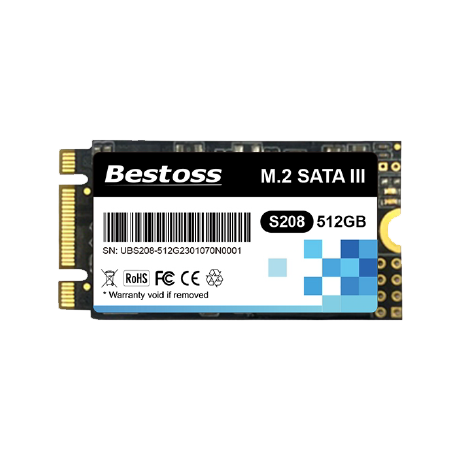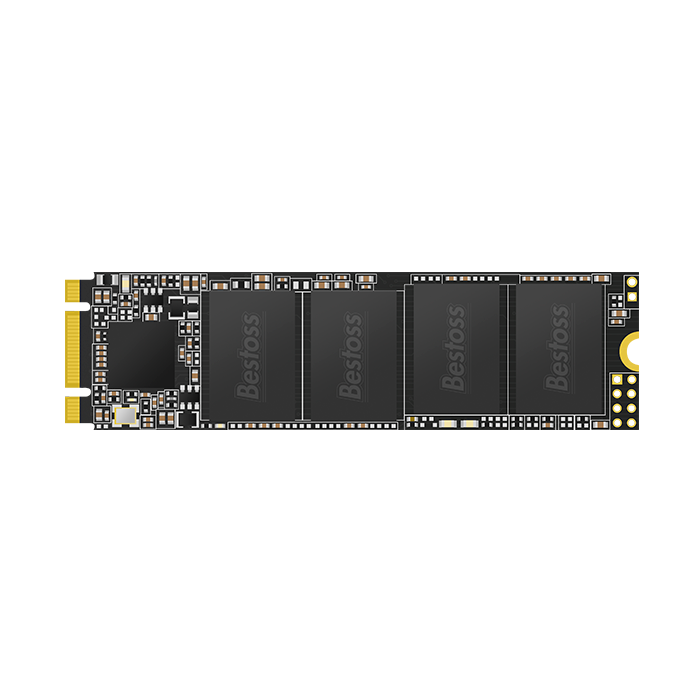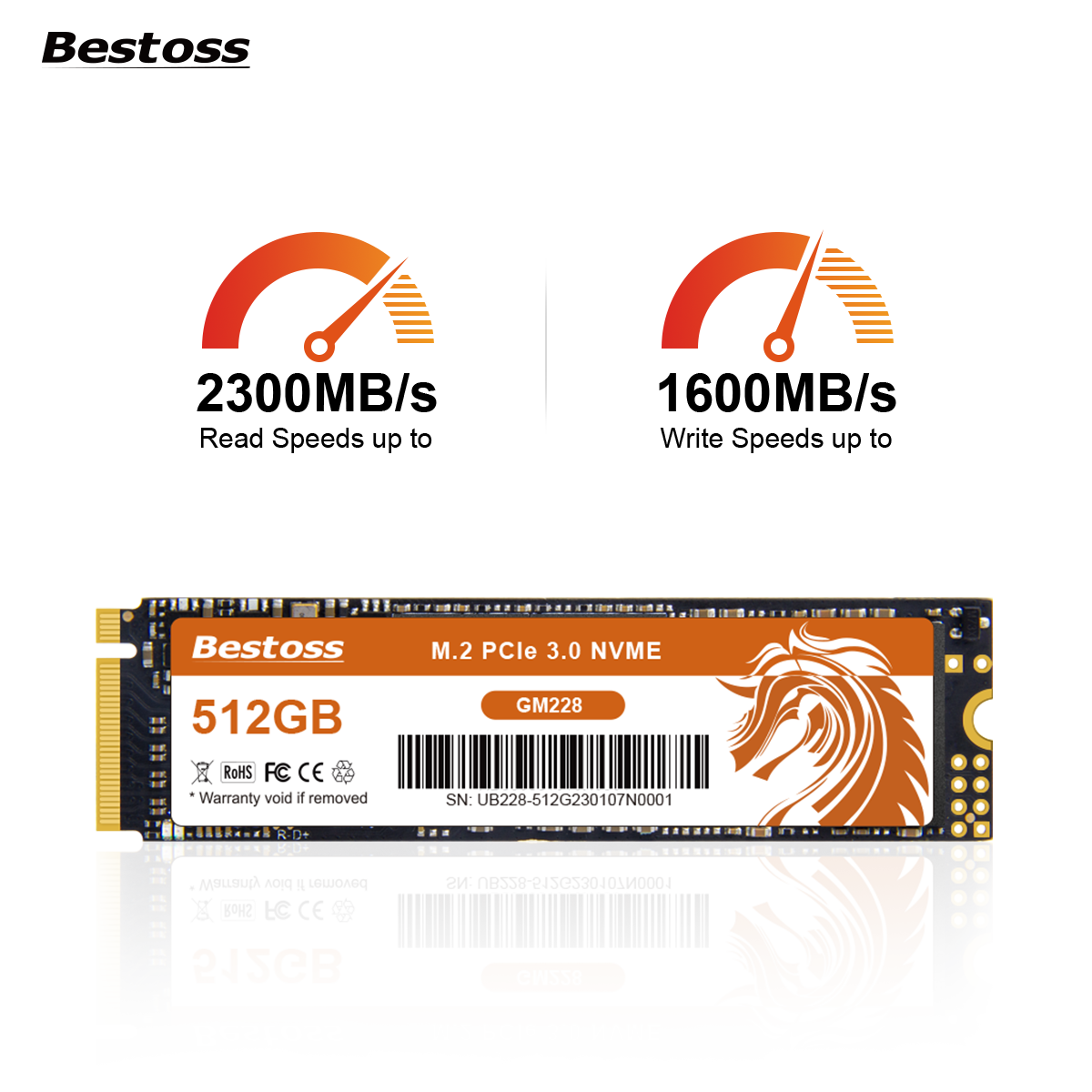Introducing the M.2 SSD, a high-performance storage solution designed to revolutionize your computing experience. This cutting-edge product, equipped with NVMe technology, delivers lightning-fast data transfer speeds and quick system start-ups, ensuring smooth multitasking and enhanced productivity. With its compact form factor and versatile compatibility, the M.2 SSD seamlessly integrates into desktops, laptops, and even ultrabooks. Say goodbye to lagging load times and welcome efficient storage management with this powerful storage device. Upgrade your system with the M.2 SSD and enjoy a faster, more responsive computing experience.
FAQ
What does M.2 mean in SSD?
M.2 in SSD refers to a form factor for solid state drives (SSDs) that uses the M.2 connector. It is a small, compact and efficient design, allowing for faster data transfer speeds and more storage capacity. M.2 SSDs are commonly used in laptops, ultrabooks, and desktop PCs for their improved performance and space-saving advantages.
Is M.2 SSD better than SSD?
Yes, M.2 SSD is generally better than SSD. M.2 SSDs offer faster data transfer speeds and smaller form factors, making them more suitable for high-performance systems. Additionally, M.2 SSDs often use PCIe interface, providing faster read and write speeds compared to the SATA interface used by traditional SSDs. However, the compatibility and performance improvement may vary depending on the specific models and configurations.
Is an M.2 faster than an SSD?
Yes, an M.2 is generally faster than a regular SSD. M.2 uses PCI Express (PCIe) technology, offering faster data transfer speeds than the traditional SATA connection used in a regular SSD. This results in improved overall performance and faster loading times for applications and files.
Are M.2 and NVMe the same?
M.2 and NVMe are not the same, but they are related. M.2 is a form factor for computer storage devices, while NVMe is a protocol that enables faster communication between the storage device and the computer. M.2 SSDs can use the NVMe protocol, but they can also use other protocols like SATA. NVMe SSDs, on the other hand, always use the NVMe protocol and are typically faster than M.2 SSDs using other protocols.
Reviews


 Language
Language